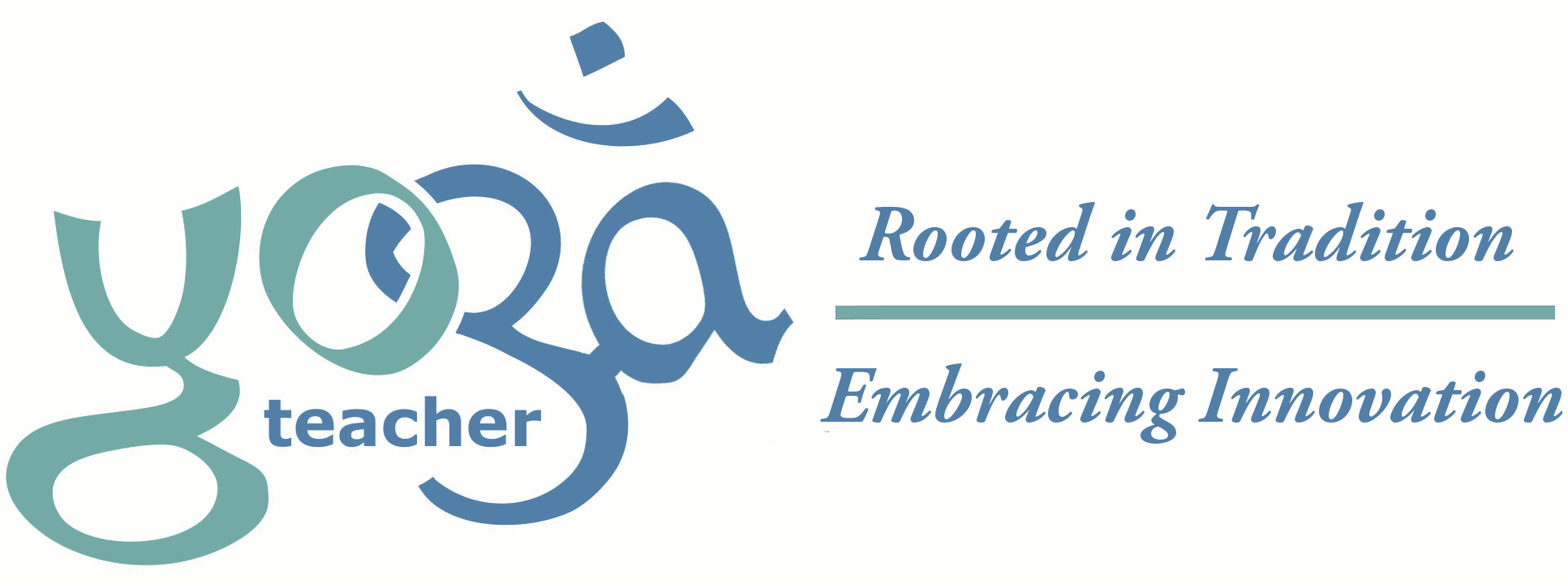
Once, a scholar saw a farmer pouring water into a dry well. When the scholar suggested digging a new one, the farmer replied, “This well has served me for years; I cannot abandon it.” The scholar, with gentle wisdom, said, “Loyalty to the past is noble, but clinging to what no longer serves you only deepens your struggle.”
This ancient story offers a timeless lesson in what modern psychology calls the *Sunk Cost Fallacy*—the tendency to continue investing in something simply because we’ve already invested so much, even when it no longer serves us.
While often discussed in terms of money, investments, and gambling, this fallacy is also relevant to how we invest our time, energy, and emotions in all areas of life—whether it’s a dwindling career, an unfulfilling relationship, or a personal project that’s no longer working. In some way, we’ve all been the farmer.
Why Do We Hold On?
Psychologists suggest several reasons we fall prey to the Sunk Cost Fallacy:
- Sunk Costs: We feel that past investments justify further effort, even when the situation has changed.
- Loss Aversion: We fear acknowledging failure more than we fear losing even more time or resources.
- Cognitive Dissonance: We avoid the discomfort of inconsistency and prefer to double down, rather than admit we’ve been wrong.
- Emotional Attachment: Pride, nostalgia, or hope often cloud our judgment, making it harder to let go.
Yoga philosophy offers powerful tools for breaking free from this cycle of attachment:
- Vairagya (Non-Attachment): Let go of what no longer serves your growth or well-being.
- Aparigraha (Non-Possessiveness): Release your attachment to specific outcomes or results.
- Svadhyaya (Self-Study): Take time to reflect on your actions with honesty and clarity.
- Ishvarapranidhana (Surrender): Trust the flow of life, recognizing that change is a natural and necessary part of the journey.
Practical Takeaways
- Pause and Reflect: Before continuing to pour energy into something that’s not working, ask yourself, “Does this still serve me?”
- Set Boundaries: Define clear limits on your time, energy, and resources so you can protect your well-being.
- Seek Perspective: Talk to someone outside the situation who can offer objective advice without emotional attachment.
- Practice Acceptance: Treat losses as valuable lessons, not as failures to be avoided at all costs.
Sometimes, the most courageous thing we can do is let go. Whether it’s in our work, relationships, or personal goals, remember the farmer and the dry well. True wisdom comes not from clinging to the past, but from the freedom to move forward. What are you ready to release today?





